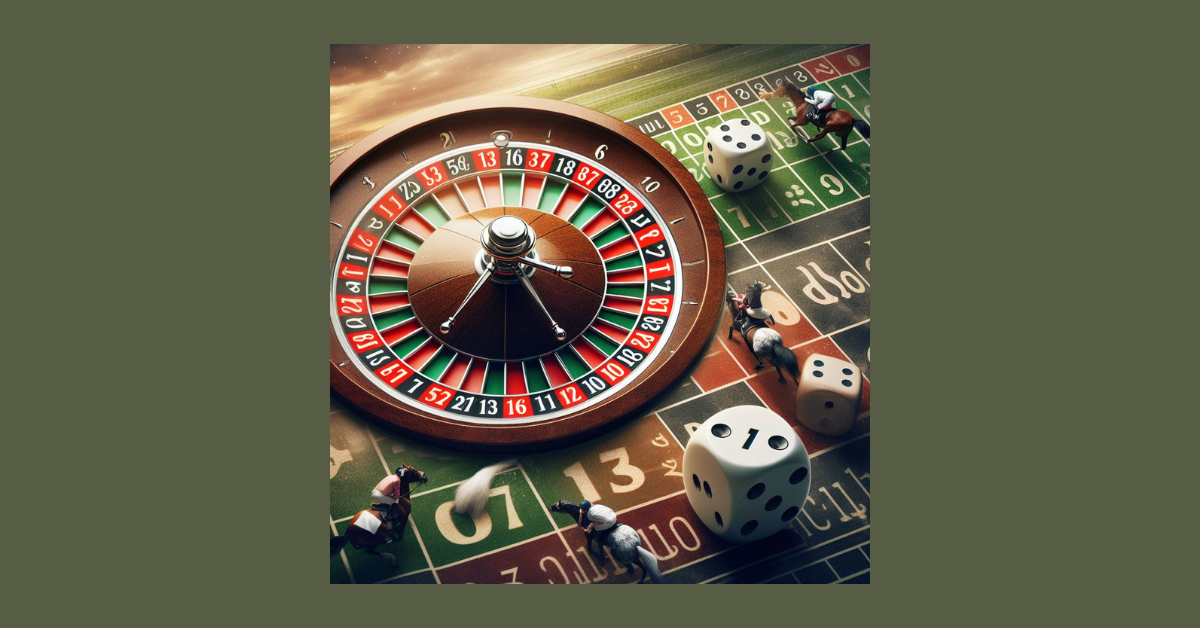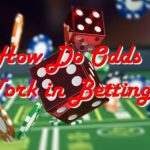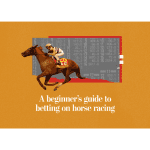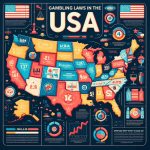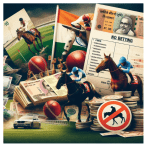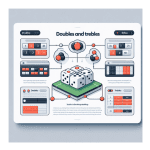Odd Numbers Defined
Odd numbers are an essential part of mathematics, often seen as integers that are not divisible by 2 without leaving a remainder. These numbers are distinct from even numbers and frequently occur in various number sequences.
In everyday life, odd numbers are commonly encountered, such as when counting items or assigning numerical values to objects. They play a significant role in multiple fields, including sports betting, where they are utilized to calculate odds and determine potential outcomes of events.
Types of Odd Numbers in Betting
Odd numbers play a significant role in the world of betting, with three main categories: whole numbers, fractional values, and decimal odds. Whole number odds are the most straightforward, representing the ratio between the stake and potential winnings. Fractions, such as 5/1 or 7/2, indicate the potential winnings on a specific stake. Decimal odds, like 2.50 or 3.75, display the potential return on each unit bet.
Understanding the various types of odd numbers in betting is crucial for making informed decisions and maximizing potential returns. Each type of odd number offers a unique perspective on the likelihood of an outcome and the potential payoff. As bettors navigate the world of odds, having a firm grasp of the different formats can help them make more strategic and profitable wagers.
How Odd Numbers are Calculated
Odd numbers in betting are calculated based on the total possible outcomes in a given event. To determine the odds, the probability of a specific outcome occurring is assessed against all potential results. This assessment involves considering various factors such as previous performances, current form, and any relevant statistics that may influence the likelihood of a particular result.
The calculation of odd numbers is usually done using a formula that takes into account the perceived probability of an outcome. Bookmakers and betting experts use their knowledge and expertise to assign odds to each possible result, reflecting both the chances of an event occurring and the potential rewards for correctly predicting that outcome. In essence, the calculation of odd numbers is a methodical process that aims to provide a fair representation of the possibilities in any given betting scenario.
Significance of Odd Numbers in Betting
Odd numbers hold significant importance in the realm of betting as they are often used to determine the likelihood of a particular outcome. When odds are expressed as an odd number, it typically signifies that the event has a higher probability of occurring than not. For example, if a team’s odds are 3 to 1, this indicates that the chances of the team winning are three times more likely than losing.
In betting, odd numbers play a crucial role in guiding punters on where to place their bets based on the perceived probability of an event occurring. By understanding the significance of odd numbers, bettors can assess the risk-reward ratio of a wager and make informed decisions when placing bets. This knowledge empowers bettors to strategically analyze the odds offered by bookmakers and determine the potential outcomes of different betting scenarios.
Odd Numbers vs. Even Numbers in Betting
Odd and even numbers play a crucial role in the realm of betting, each carrying its own significance depending on the context in which they are used. In betting scenarios, odd numbers are generally favored by some as they are considered to bring a sense of unpredictability and excitement to the outcome. On the other hand, even numbers are often associated with stability and balance, providing a sense of reassurance to those who prefer a more calculated approach to betting strategies.
When it comes to betting, odd numbers are typically perceived as riskier choices, adding an element of thrill and uncertainty to the wager. Some bettors are drawn to odd numbers for their perceived lucky or auspicious qualities, believing that they could potentially increase their chances of a favorable outcome. In contrast, even numbers are often favored by those who prefer a more methodical and strategic approach to betting, viewing them as symbols of balance and symmetry that could help tip the odds in their favor.
